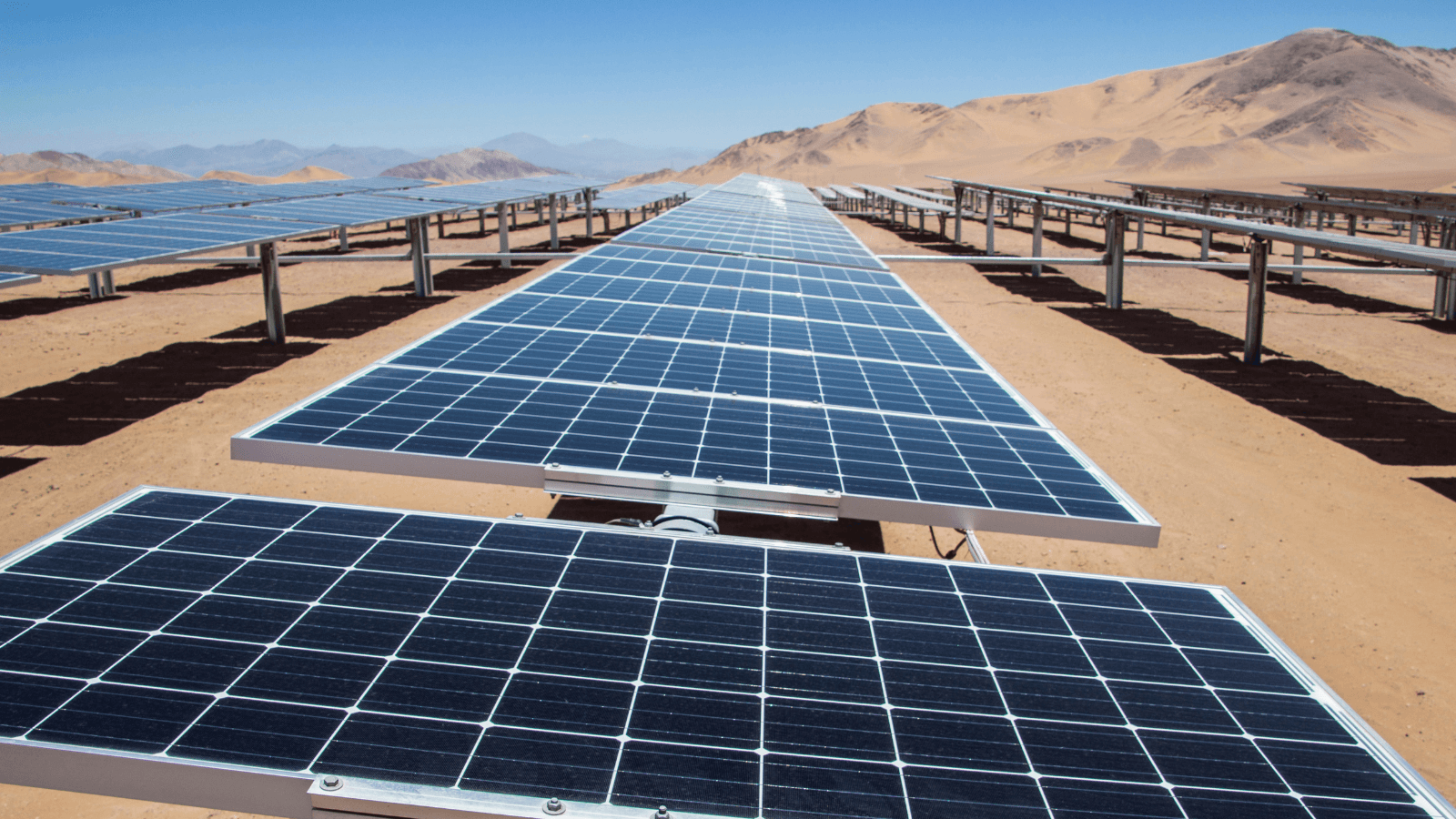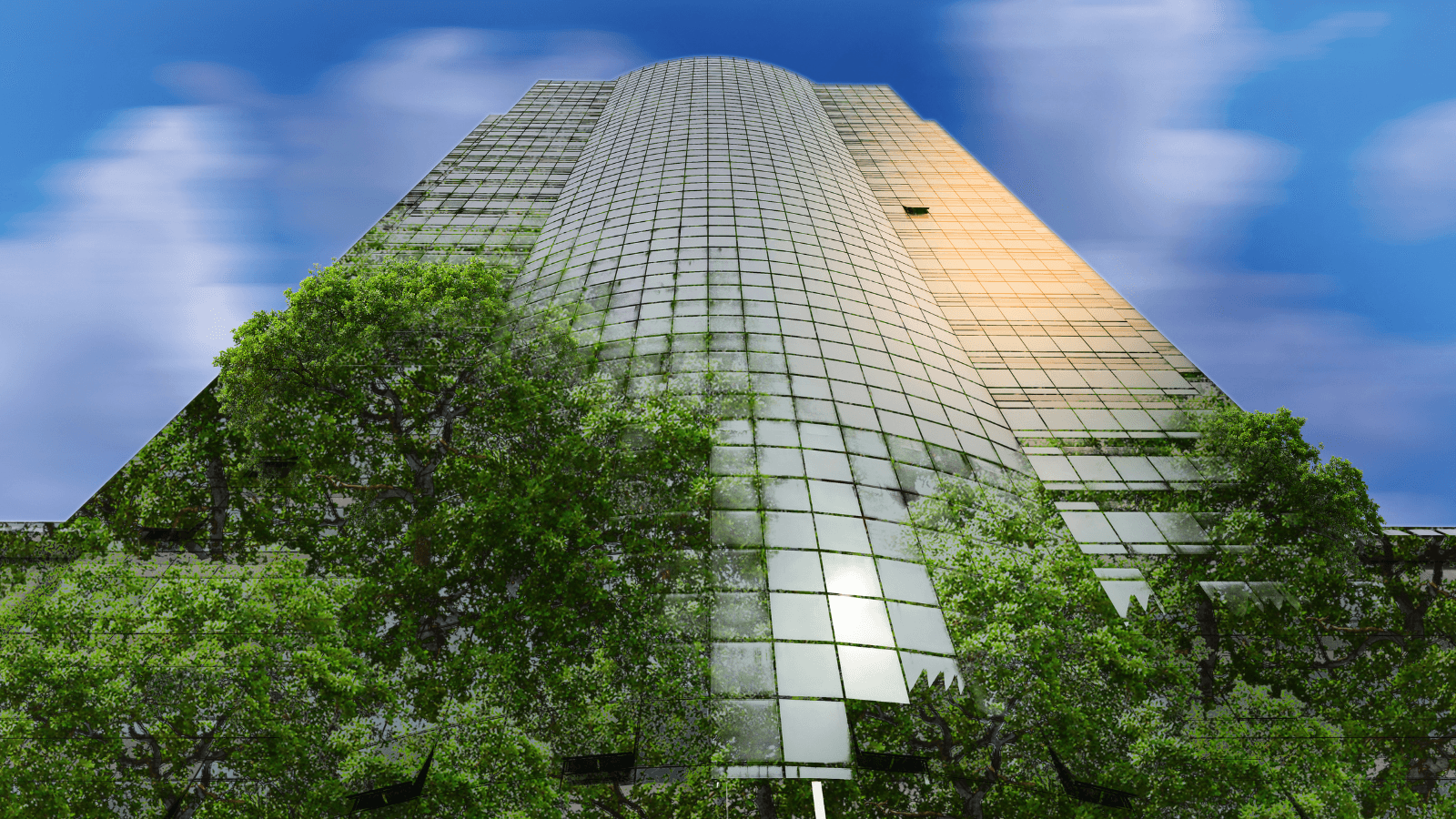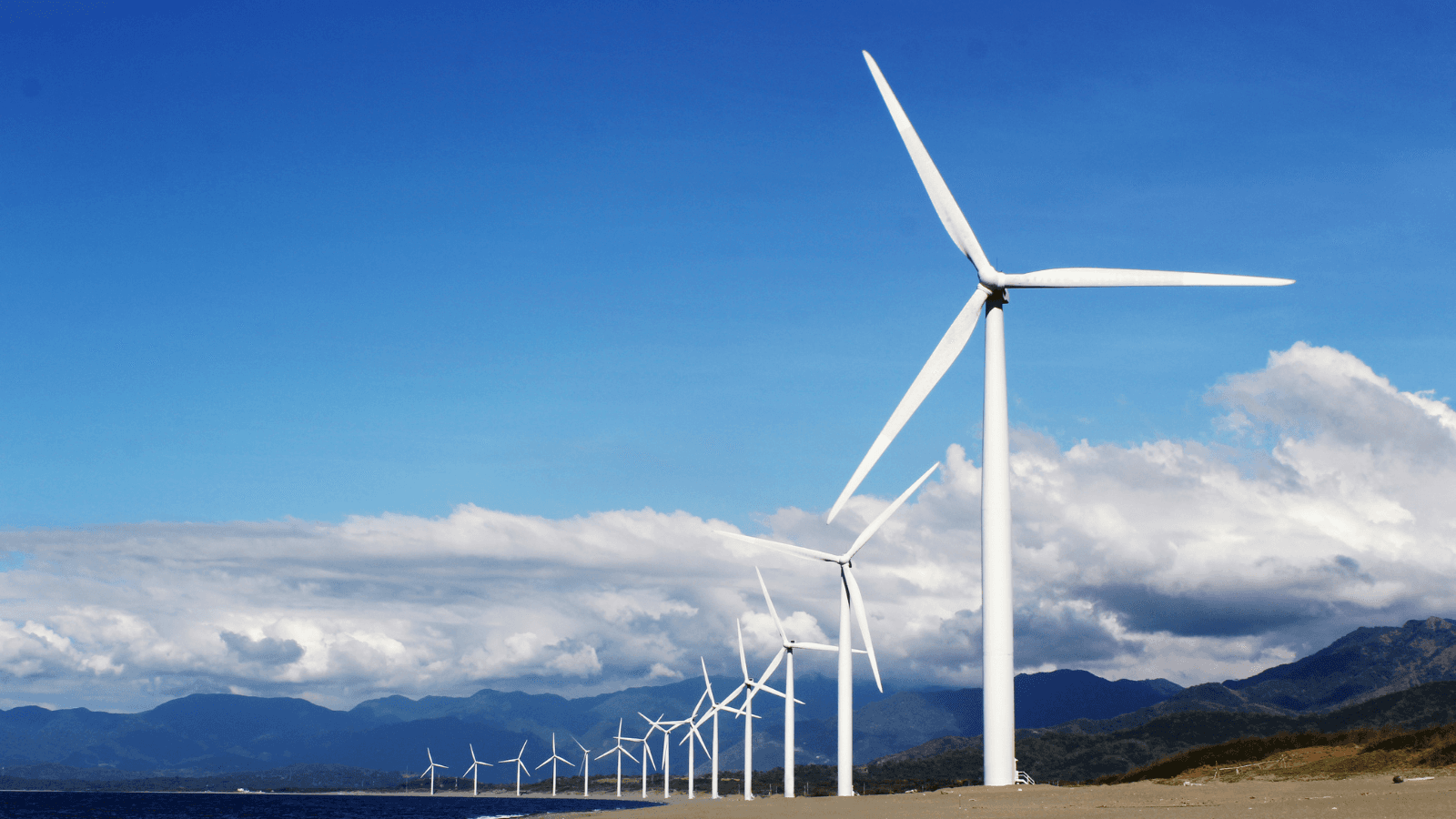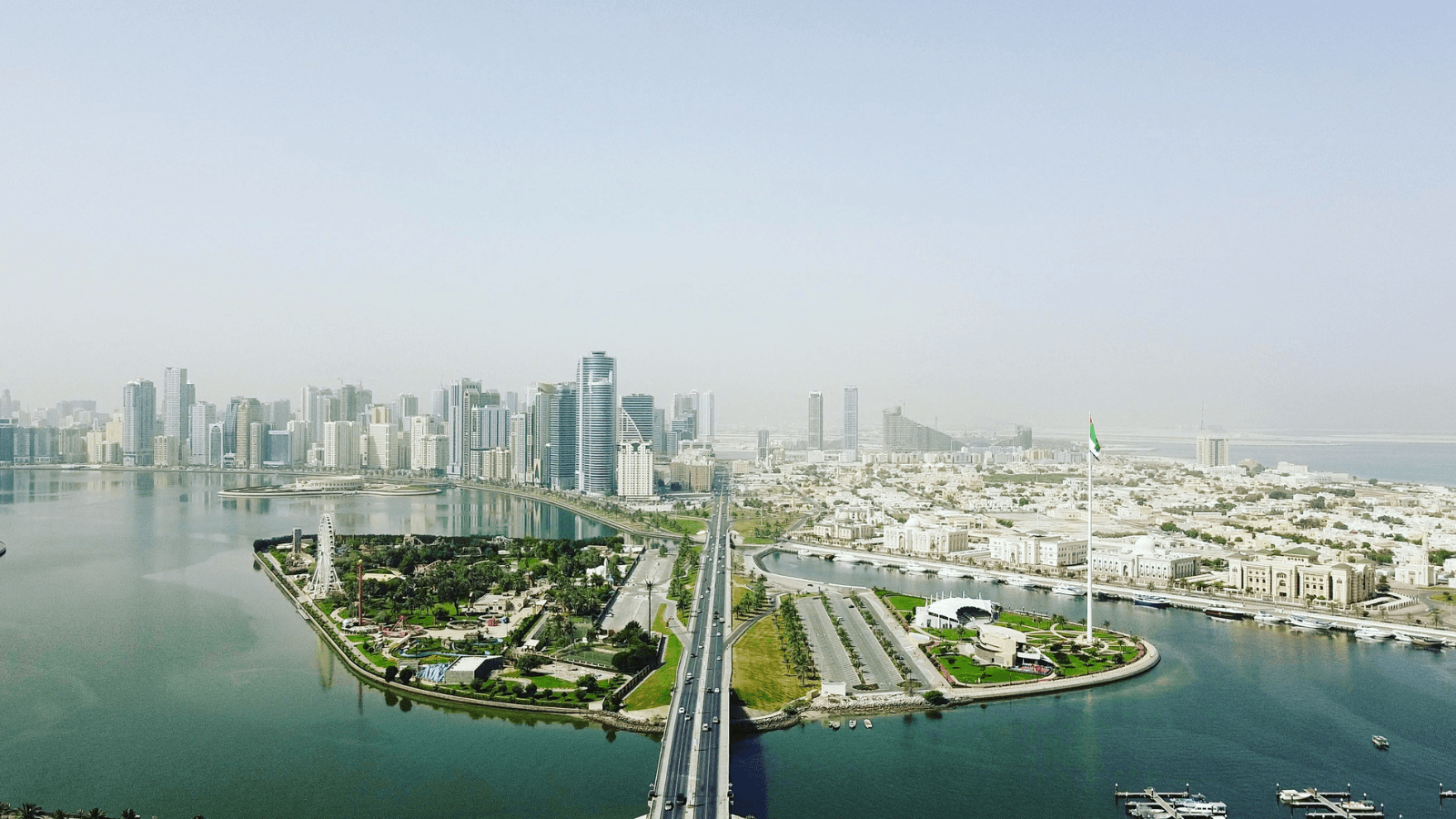Back to Blog
Utilizing the Metaverse for Sustainable Development in the GCC
Oct 3, 2023
Callum Moates
The metaverse is a virtual shared space encompassing technologies like digital twins, augmented reality, and virtual reality. While the metaverse is known to offer entertainment and gaming experiences, its scope goes well beyond those use cases.
Though the metaverse, with its backbone in blockchain technology, has seen criticism for its environmental consequences, solutions like digital twins and immersive experiences could help promote sustainability. Focusing on the Gulf Cooperation Council (GCC) region, the metaverse's significance lies in its contribution to sustainable development. The GCC, comprising Bahrain, Kuwait, Oman, Qatar, Saudi Arabia, and the United Arab Emirates, has actively explored innovations to diversify its economy and ensure long-term sustainability. The adoption of metaverse technologies can play a pivotal role in this.
Sustainable development challenges in the GCC
The Gulf Cooperation Council (GCC) countries are at the forefront of rapid economic development. However, this growth comes with its set of sustainability challenges:
Water scarcity: According to the World Resources Institute (WRI), several GCC countries rank among the top nations facing extreme water stress. For instance, in 2040, the top 11 water-stressed countries are projected to include Bahrain, Kuwait, Qatar, the United Arab Emirates, and Saudi Arabia. With limited freshwater resources, these nations heavily rely on desalination. An article by the Guardian reports that the Middle East accounts for nearly 70% of the world's desalination capacity as of 2016, with the GCC countries being significant contributors. Water management is a critical concern with limited freshwater resources and high dependence on desalination.
Energy consumption: A research paper published in 2021 on the ‘Status of renewable energy in the GCC region and future opportunities’ states that GCC countries consume 6260 MW of electricity per capita annually. This high consumption is driven by a growing population, rapid industrialization, access to fossil fuels, and extreme climatic conditions leading to heavy reliance on air conditioning. Efficient consumption technologies and methodologies to adopt renewable resources are essential for the region.
Urbanization: Urbanization is the process of the population shifting from rural to urban areas, reflecting global changes in lifestyle and societal structures. As of 2018, 55% of the world's population resided in urban areas, and this proportion is projected to rise to 68% by 2050, with an additional 2.5 billion people, as per the United Nations. The GCC is on track to be one of the world’s most urbanized regions, with an estimated 84.3% of the population in urban areas by 2030, as per a report published by The Arab Cities Resilience. Efficient management of this rapid urbanization is crucial for sustainable development, especially in regions where urban growth is rapid.
The metaverse, a blend of virtual and augmented realities, presents a promising avenue to address these issues. Advanced digital platforms are revolutionizing how we manage resources and design urban environments.
Through detailed simulations of water systems, policymakers can input data like rainfall, water table levels, and consumption rates to predict water shortages or surpluses, ensuring efficient resource allocation.
Similarly, integrating smart meters and IoT devices allows for a deeper understanding of energy consumption patterns. We can pinpoint inefficiencies and recommend sustainable energy practices by analyzing this data.
Furthermore, modern urban planning tools, equipped with 3D modeling and simulation capabilities, allow urban planners to design cities with sustainability in mind. They can optimize factors such as natural light in buildings, design green spaces for rainwater absorption, and consider wind patterns for energy conservation. Through metaverse technology, we're not just visualizing a sustainable future; we're actively building it.

Sustainable business practices in the metaverse
Businesses in the GCC region, recognizing the importance of sustainability, can leverage the metaverse to integrate and promote sustainable practices in innovative ways:
Virtual marketplaces: The metaverse can host virtual marketplaces that sell eco-friendly products. For instance, businesses and sellers can create a virtual shopfront to showcase sustainable agriculture products from GCC nations, allowing users to explore, learn about, and even purchase these products virtually. These virtual establishments promote local, sustainable products and reduce physical marketplaces' carbon footprint.
Sustainable supply chain simulations: The 3D internet allows businesses to simulate their entire supply chain. Companies can virtually model different supply chain scenarios, from sourcing raw materials to delivering the final product to identifying the most eco-friendly and efficient processes. Integrating the metaverse into supply chain processes can reduce waste, optimize transportation routes, and incorporate renewable energy sources, ensuring sustainable practices.
Sale of digital products: In the metaverse, businesses can create, sell, and trade digital assets, ranging from virtual real estate to digital fashion items. These digital products, often represented as non-fungible tokens (NFTs), can be traded on various platforms, providing a new revenue stream for creators and businesses while presenting a sustainable alternative to physical consumption. Digital products in the 3D internet require fewer resources and emit less carbon than physical items.
Hosting virtual events: The metaverse offers a unique platform for hosting virtual events, conferences, concerts, or social gatherings. These events can be more inclusive, allowing participants worldwide to attend without the environmental impact of travel. The metaverse also enables brands to organize events with a lower carbon footprint, particularly in high-impact fashion-related industries.
Economic Benefits of Sustainability-Driven Businesses:
Cost savings: Adopting sustainable practices reduces operational costs in the long run. Energy-efficient systems, waste reduction, and optimized supply chains can significantly decrease expenses.
Increased market demand: As consumers become more environmentally conscious, there's a growing global demand for eco-friendly products and services. Businesses that position themselves as sustainable can tap into this expanding market segment.
Enhanced brand image: Sustainability-driven businesses often enjoy a positive brand image, leading to increased customer loyalty and attracting eco-conscious investors.

Metaverse for environmental modeling
Given the unique environmental challenges the GCC faces, such as desertification, water scarcity, and climate change impacts, the metaverse can capture, analyze, and visualize data in real-time to identify and predict challenges. By using AI, it deciphers patterns from this data and presents them visually in a 3D space through digital twins of processes and products. This visualization lets decision-makers directly engage with complex scenarios, facilitating more informed and immediate choices.
Here are a few ways policymakers and environmentalists can use the metaverse for environmental modeling:
Virtual simulations of climate change impacts: The metaverse can be used to create detailed simulations of the potential impacts of climate change on the GCC region. For instance, simulating the effects of rising sea levels on coastal cities can provide a visual representation of potential inundation areas, helping policymakers and urban planners design resilient infrastructure and implement sustainable practices.
Desert reclamation projects: Desertification is a significant concern in the GCC. The metaverse can host virtual models of desert landscapes, allowing scientists and ecologists to test various reclamation techniques. The 3D internet can help determine the most effective strategies for transforming desert lands into habitable areas by simulating the introduction of specific plant species, water conservation methods, or soil treatments.
Ecological monitoring: The metaverse can serve as a platform for real-time environmental monitoring by building virtual replicas of natural habitats that can be linked to sensors and data collection tools in the real world. This setup can provide continuous updates on various ecological parameters, such as groundwater levels, vegetation health, or wildlife movement.

Metaverse sustainability case studies in GCC
NEOM City's Metaverse Integration
NEOM, a $500 billion city project in Saudi Arabia along the Red Sea, uses the metaverse for its construction and planning processes. It announced ‘XVRS’ as a cognitive digital twin metaverse allowing visitors to experience the city virtually before investing and helping those buying real estate customize apartment color schemes and interiors before physical construction. This integration enables stakeholders to collaborate within the 3D internet, simultaneously experiencing the city and building the project in the real world. This innovative approach can lead to more efficient and sustainable urban development, setting a precedent for future city projects globally.
Abu Dhabi Global Market (ADGM)’s Arbitration Centre launched the world’s first mediation service in the metaverse
In the rapidly evolving realm of the 3D internet, the United Arab Emirates (UAE) stands out as a beacon of innovation and sustainability. The Abu Dhabi Global Market (ADGM) Arbitration Centre has pioneered the world's first metaverse-based mediation service, eliminating the carbon footprint associated with travel for in-person meetings. Launching a 3D mediation office is a sustainable alternative to international dispute resolution.
Sharjahverse pioneering virtual tourism
Sharjah, one of the emirates in the United Arab Emirates (UAE), is trailblazing in virtual tourism by introducing the "Sharjahverse." It's is the world's first real city-scale metaverse with tangible economic and social applications. Spanning 2,590 square kilometers, this photorealistic metaverse, powered by advanced generative AI and NVIDIA RTX™, showcases Sharjah's iconic landmarks and offers locals the unique opportunity to work at these landmarks virtually. The project aims to promote the emirate to a broader audience, bolstering the local tourism industry.

Conclusion
In conclusion, the metaverse is a transformative force, especially for regions like the GCC that face unique sustainability challenges. By merging the virtual and real worlds, the 3D internet offers innovative solutions, from simulating, modeling, and monitoring environmental challenges. The 3D internet also presents business economic opportunities by allowing the creation of virtual marketplaces, products, and events. As seen through initiatives like NEOM City and Sharjahverse, the GCC's proactive adoption of metaverse technologies showcases the region's commitment to leveraging digital advancements for sustainable development. As the 3D internet continues to evolve, it promises to be an invaluable tool for the GCC and the world, reshaping how we approach sustainability in the digital age.
Are you an individual, organization, or government body looking to enhance sustainability through digitalization? We can help you build and scale sustainability-driven projects in the metaverse. Get in touch with us!
Oct 3, 2023
Callum Moates
Subscribe to our monthly newsletter
About Landvault
Landvault is building infrastructure to accelerate the metaverse economy, by building tools to create, deploy and monetize content. The company has helped over 200 clients enter the metaverse, including both Fortune 500 companies and government organizations like the Abu Dhabi government, Mastercard, L’Oreal, Red Bull, and Heineken. The company has raised a total of $40m over the past three years and continues to pioneer technological advancements.
